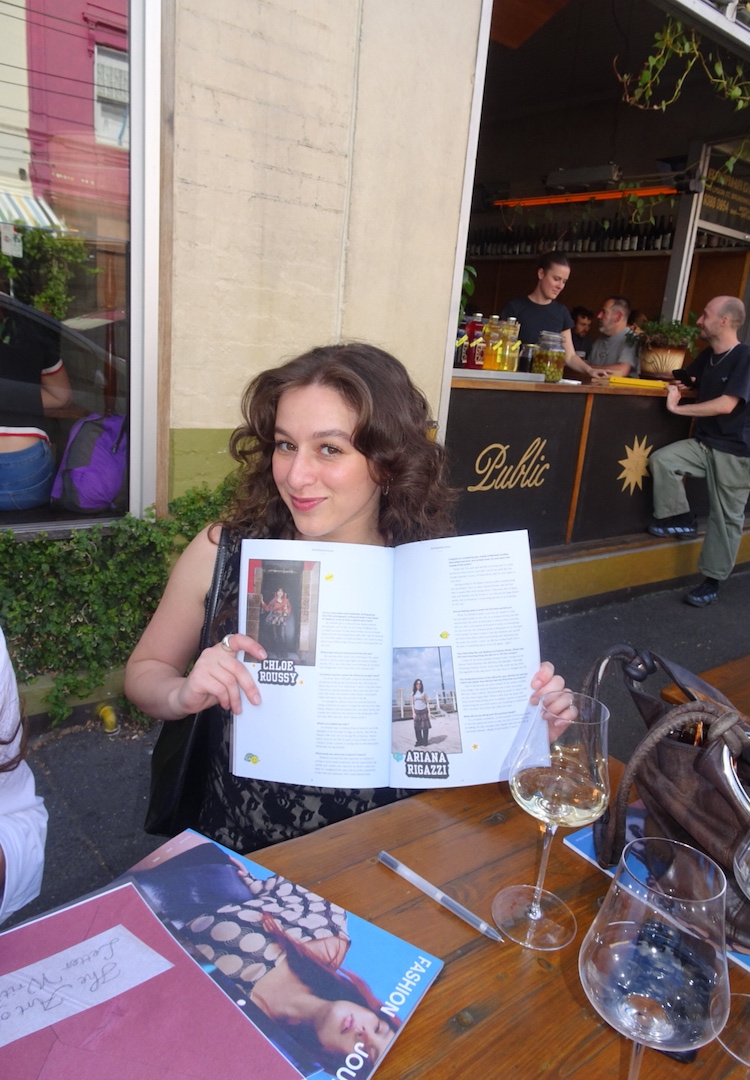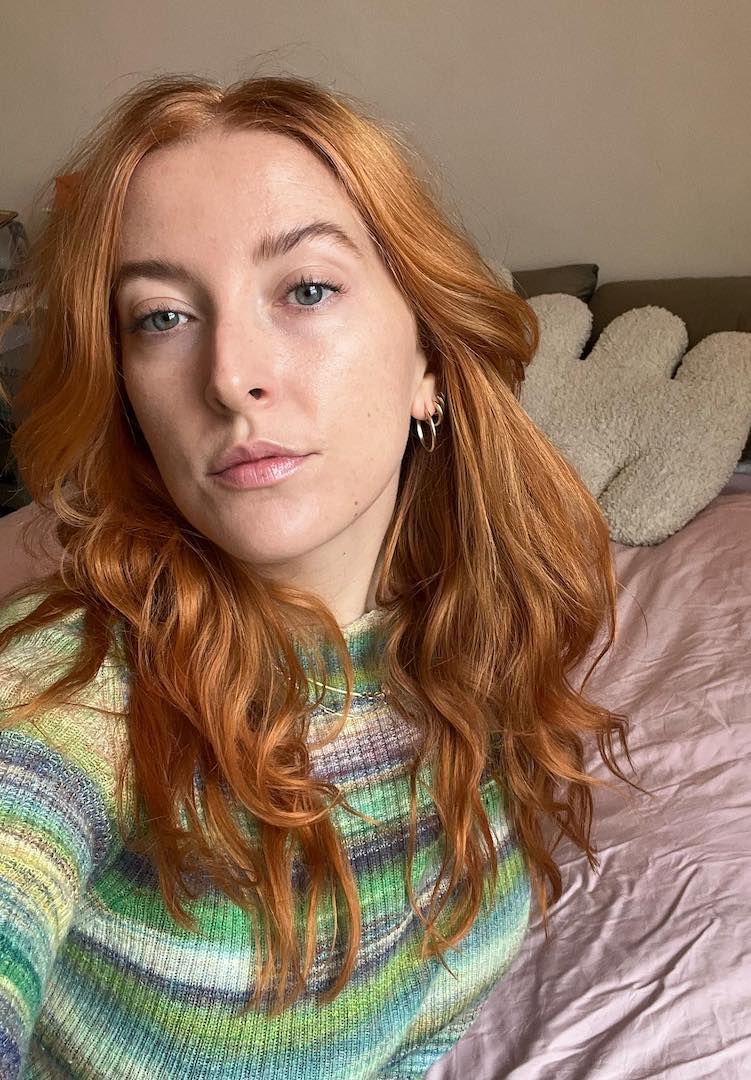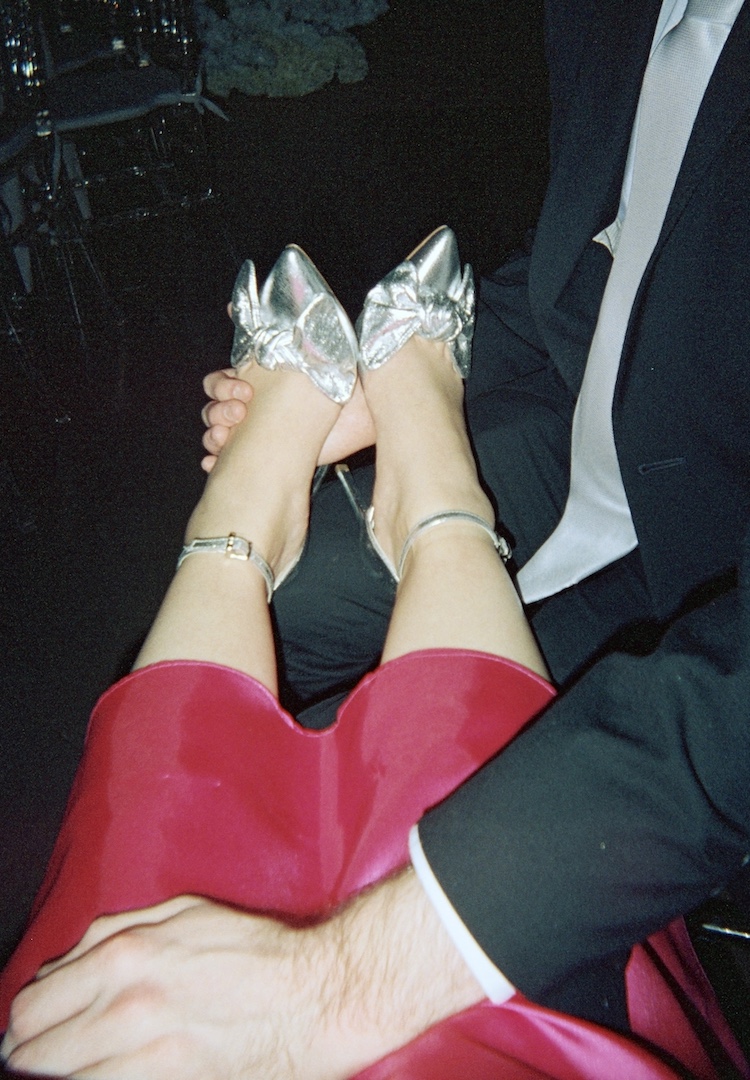Thinking of writing a book? Here are some tips that might help
ILLUSTRATION BY TWYLAMAE
WORDS BY ELIZA HENRY JONES
Pen to paper to published.
I’ve published four novels and have close to a million words of other stories (some finished, some not, all dreadful) tucked into old files on my computer. Every time I sit down to write a new novel, I think that it’ll somehow be different from all the other ones that I’ve written. I imagine that I’ve finally worked out the magic formula to write a story.
The truth is, it’s never easy. Each story is different, with its own loveliness and its own challenges. And as much as I want to write a novel at my pretty wooden desk, I always end up on the couch in a hoodie, covered in chocolate.
Read
It sounds simple, but the best way to get a sense of what you want to write (and how to write it) is to read and read and read. If you’ve always been a reader, then it’s business as usual. If you’re not much of a reader, now’s the perfect time to start. Ask for recommendations from bookworm friends. Read crime and young adult and poetry. Read experimental fiction and the classics. Even if it’s a genre you have no interest in writing, you’ll pick up all sorts of useful things just from sitting back and enjoying the story. Turns out you despise the genre? That’s useful to know, too. Work out why it didn’t gel with you.
Plotters and pantsers
Writers of novels are either plotters or pantsers. Plotters are the sort of people who have elaborate plans for each chapter they’re going to write. They don’t leave anything to chance. Pantsers are the opposite. Pantsers don’t know what they’re writing. Pantsers are often very confused creatures. They may have a vague idea of the whole arc of the story, or the next scene, but they don’t have everything laid out. Work out what category you fall into – if you feel like you want a solid, written plan before you write, wonderful. If you have no idea what’s going to happen – that’s wonderful, too. Personally, I’m a pantser but I wish I were a plotter.
Be disciplined
Some people say you should write every day and that’s great – if it suits you. You might write a few lines each day or you might write a thousand words once a week. Decide on the sort of writing habit that fits into your lifestyle and then stick to it.
Write what you love
There’s an old saying – write what you know. But where’s the fun in that? Write the story that you wish you had on your bookshelf. Maybe it’s about unicorns and aliens; maybe it’s about a famous renaissance painter who you’ve always loved. It might be a story you love, or it might be one that fascinates you or challenges you in just the right way. Writing about something that interests you and engages you isn’t just about having a good time – it will show through in the writing.
Less is more
It’s pretty exhilarating creating a world out of nothing. The temptation exists to share every little detail you’ve dreamt up for your story. Yes, you might need to know the whole outfit that a particular character is wearing in each scene, but does your reader? Do we need to know the colour of the roof tiles on all the houses in a character’s street? Do we need to know the elaborate backstory of a character we meet only once?
Reach out
Writing is a solitary activity. However, it doesn’t have to be a lonely one. If you’d like support on your writing journey, you might like to connect with other writers on social media and perhaps find a local writers’ group. You can also enrol in workshops, short courses and attend local festivals, where you can hear all sorts of thoughts and ideas from more established writers. The Yarra Valley Writers’ Festival is happening online next week – have a look at the program!
Eliza will be presenting at the inaugural Yarra Valley Writers Festival (online event) on Saturday, May 9 alongside songwriter, singer and author Clare Bowditch. The full program can be viewed here.













